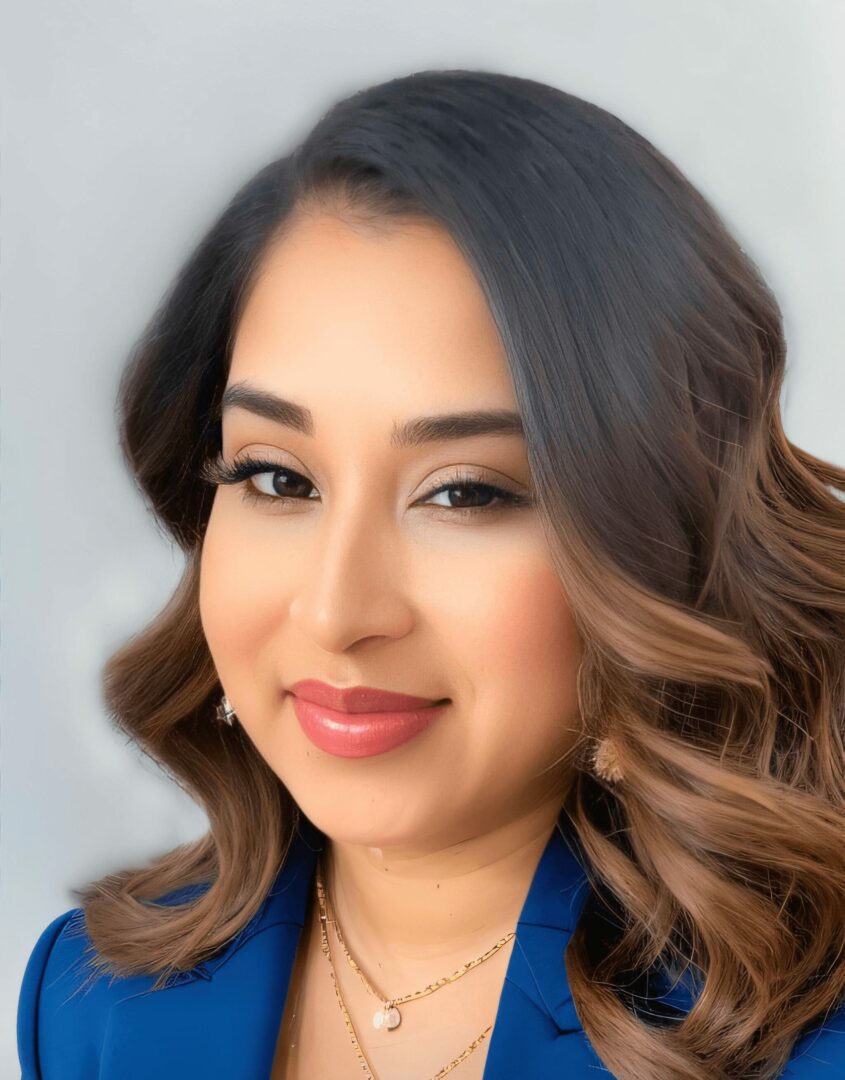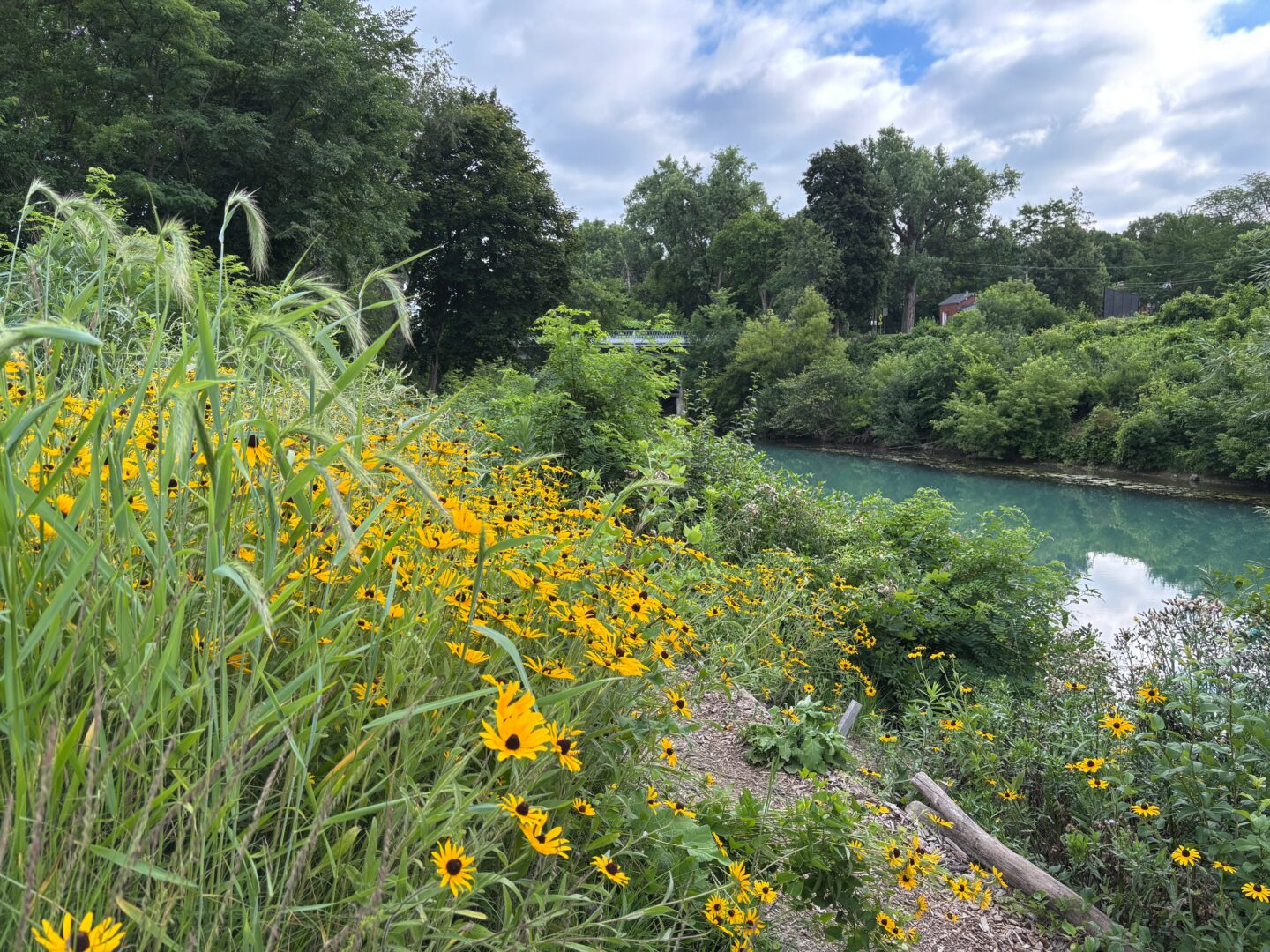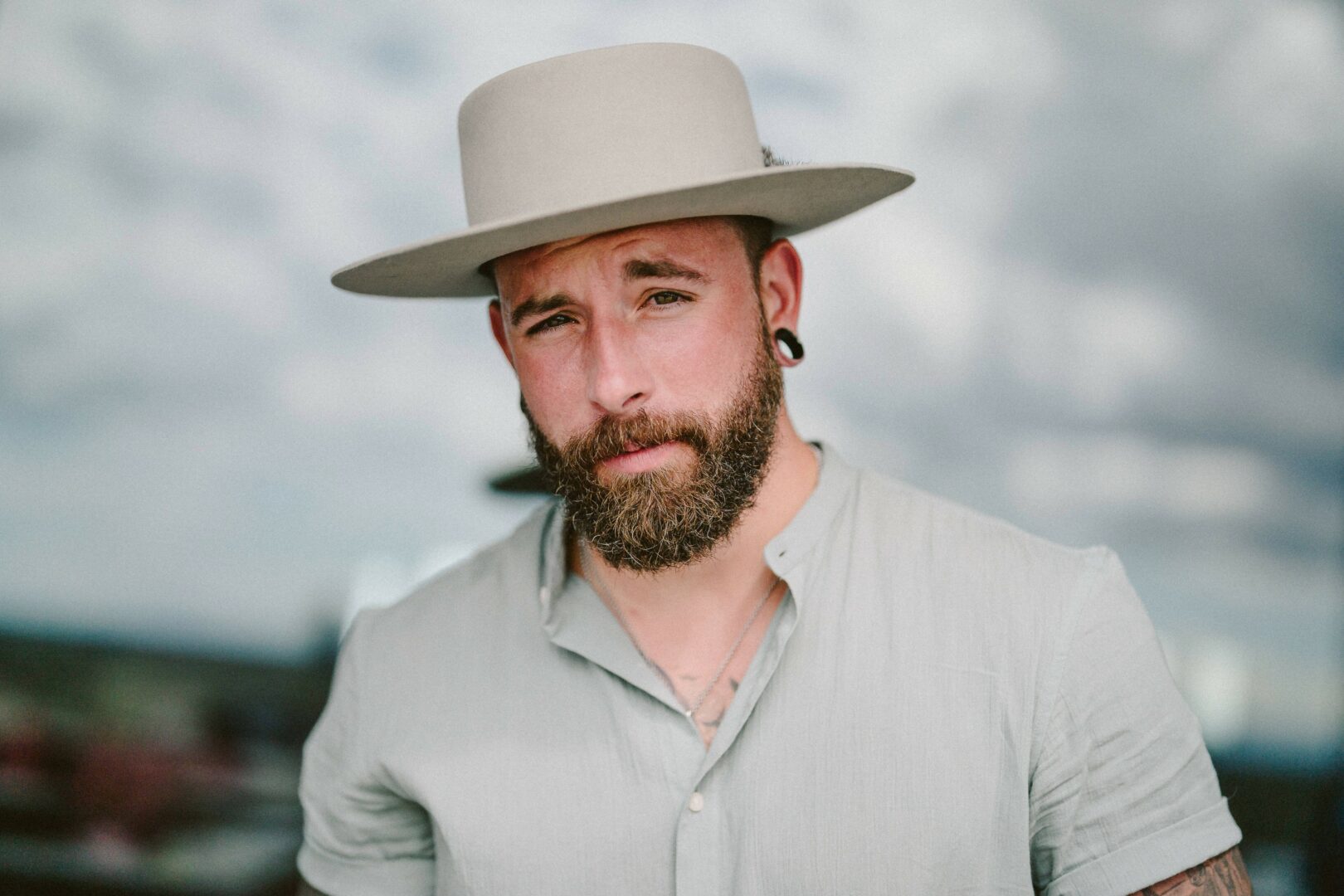We were lucky to catch up with Shavvon Cintron recently and have shared our conversation below.
Shavvon, thank you so much for joining us today. Let’s jump right into something we’re really interested in hearing about from you – being the only one in the room. So many of us find ourselves as the only woman in the room, the only immigrant or the only artist in the room, etc. Can you talk to us about how you have learned to be effective and successful in situations where you are the only one in the room like you?
I have found myself in rooms that I am the only one that looks like me throughout my career.
The roles that attracted me most were not the ones dominated by women, let alone hispanic women. Over time, I have found that integrity, self-esteem, and having a strategy play crucial roles in being seen.
Division is not something I believe in. When I was interviewing for my first IT (Information Technology) position, I was asked by a woman on the panel, and I am going to paraphrase here, “How do you plan to be successful in working with teams that are male-dominated? My answer: We are working together to achieve a goal when it comes to working. As long as we hear each other out and work to complete the tasks at hand, it shouldn’t matter whether it is a male, female or any gender orientation.
With this, I reminded myself to be self-compassionate. In combination with self-esteem, you sometimes need a reminder that you deserve to be where you are, no matter what part of the journey you are in. There have been times when I would step out of my comfort zone and take those risks because I knew that it might lead to success, even if it was a learning opportunity.
Having a strategy and processing what is around you is beneficial. Multiple times, I have been asked for my opinion or feedback in a meeting, and I have been quiet. This is because I am processing all the information and possible outcomes that may come from the conversation. On the latter, there are times that I am ready with the questions and can support the reasoning in the discussion.
Having these skills lined up will not only play a factor in being successful but also being memorable.
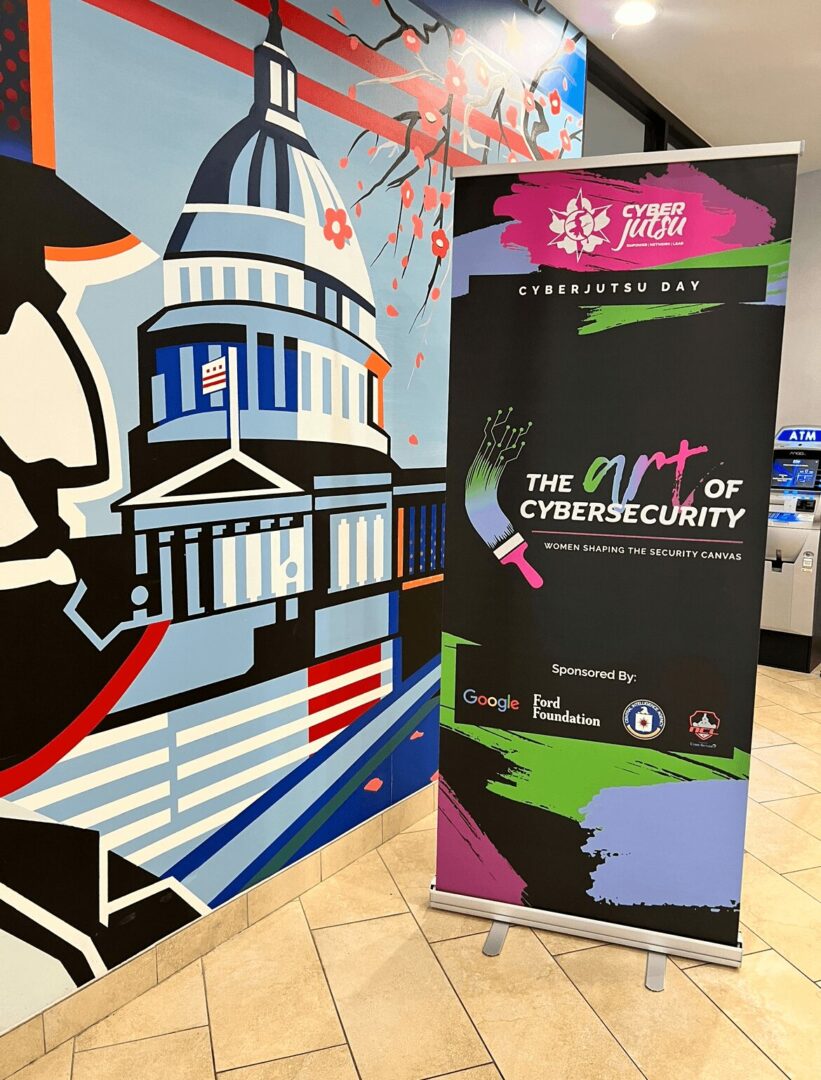
Thanks, so before we move on maybe you can share a bit more about yourself?
I am a Nuyorican; my parents were born in Puerto Rico and migrated to the Bronx. Since New York is easy to navigate, I would explore libraries and head to Coney Island Beach with my best friend.
Professionally, I wanted to get into Law Enforcement and become a detective, so I went to CUNY John Jay College and obtained my bachelor’s in Criminal Justice. I loved to learn how criminal minds worked and how it would help me think and investigate as a detective. However, life took me down another road. I managed to get into healthcare as a secretary. I was able to transition into IT by helping some of my ITS friends in troubleshooting computers. It wasn’t fulfilling enough for me. I wanted to go back to school. I took my passion for investigations and IT, which brought me to cybersecurity.
Now, I work with some fantastic cybersecurity professionals, paving the way for women and girls to see themselves in the industry. I look forward to upcoming trainings and webinars and coming together at events for an extensive cyber community that we have coming up.
Keep a look out on womenscyberjutsu.org.
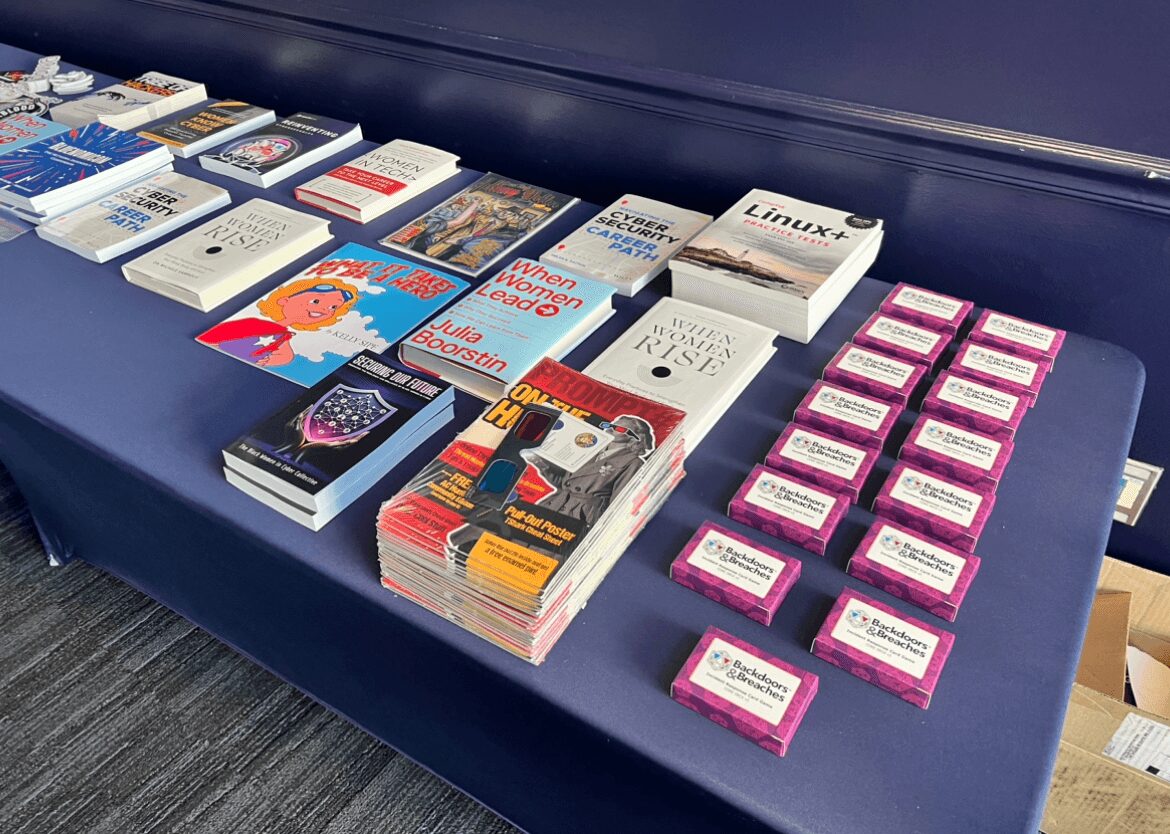
Looking back, what do you think were the three qualities, skills, or areas of knowledge that were most impactful in your journey? What advice do you have for folks who are early in their journey in terms of how they can best develop or improve on these?
The three qualities that come to mind are Empathy, Communication, and Continuous Learning.
Empathy: When someone is speaking to you, focus on their words, show your engagement, and ask relevant questions. This not only puts you in their shoes but also strengthens professional bonds.
Communication: This ties into empathy in a way. Being an active listener helps you be a better communicator. Speak after you think about the correct wording. Be bold and ask questions about the topic. When you listen to something, questions will arise; please think of your delivery and go for it.
Continuous Learning: So much information, so little time. It is great to be curious and stay on top of what is coming out, trends, and new exams. Try to keep up with what is out there in the world. Many TLDR newsletters can keep you in the loop. Don’t be afraid to reach out to individuals in the industry and see if they are willing to give you some insight. If they say no, there will be someone out there that would give you a massive YES.

To close, maybe we can chat about your parents and what they did that was particularly impactful for you?
Each of my parents has instilled something impactful in my life, shaping who I am today.
My mother taught me the significance of education and the pursuit of knowledge. As a child, I would be deeply disappointed if I received a grade of 65, fearing I had fallen short. Yet, my mother always emphasized the importance of striving for excellence and believing in my potential. This encouragement laid the foundation for my enduring passion for reading, learning, and hands-on experiences.
From my father, I inherited my drive and determination. He is a model of perseverance and dedication, always setting and achieving ambitious goals. His relentless pursuit of his passions inspired me to work hard and find what truly excites me.
Together, my parents have imparted the wisdom of finding one’s path and reaching for the stars. Their influence has guided my journey to discover my own space and pursue my dreams.
Contact Info:
- Website: https://womenscyberjutsu.org
- Instagram: cysir3n
- Linkedin: https://www.linkedin.com/in/shavvoncintron/
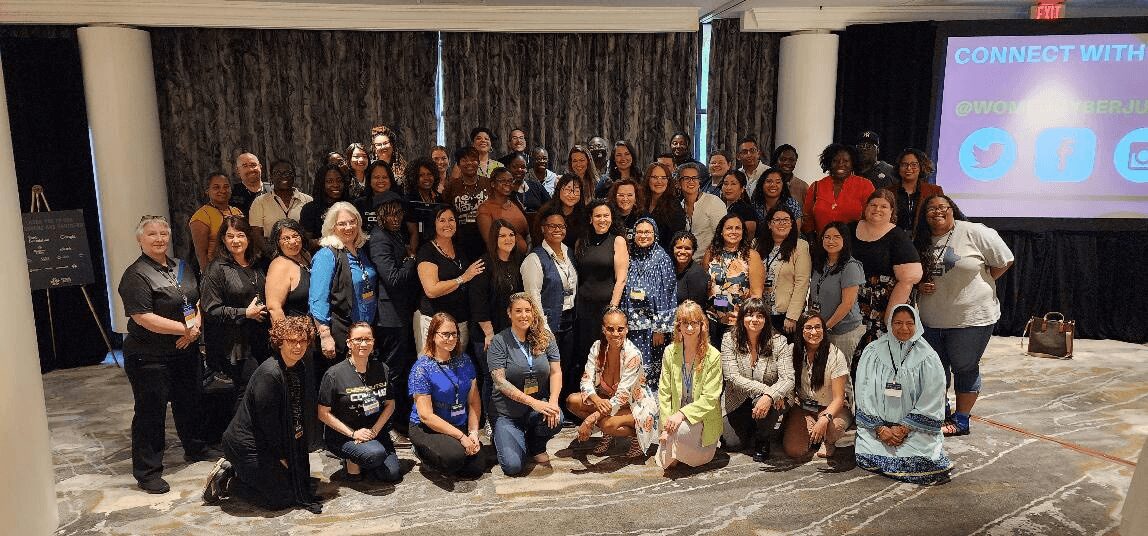
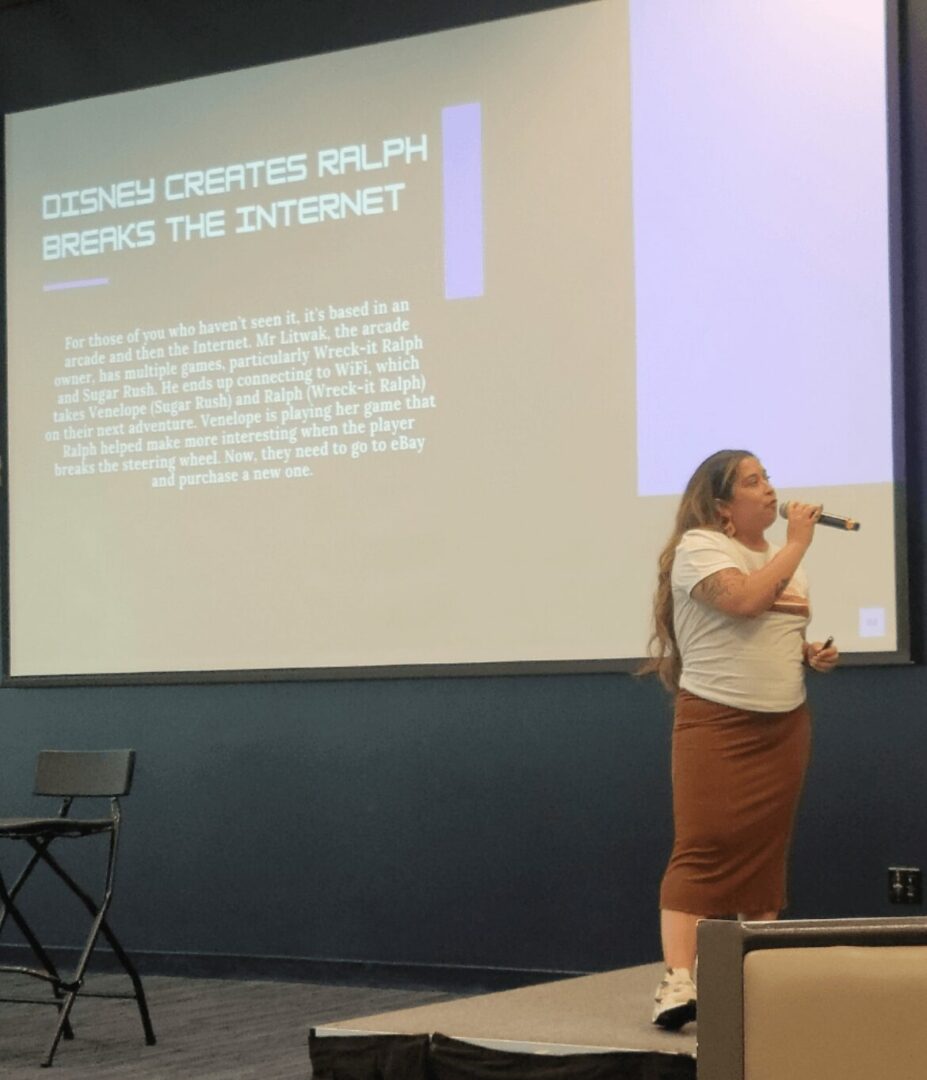
Image Credits
Women’s Society of Cyberjutsu
so if you or someone you know deserves recognition please let us know here.

